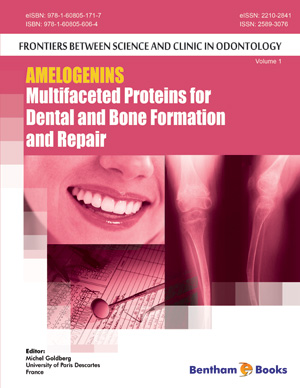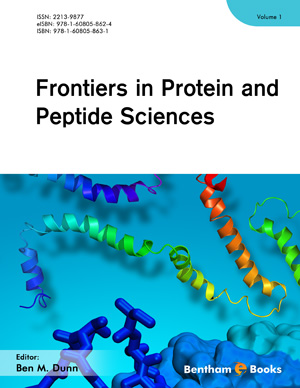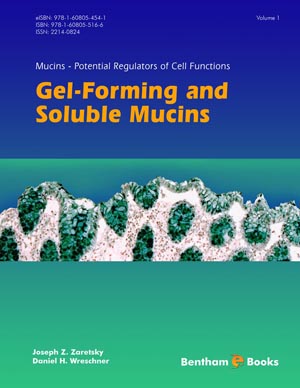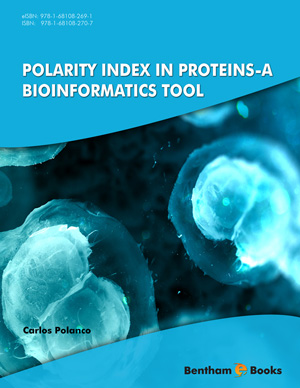Abstract
Bacteria are simple organisms, optimized with basic but robust cell regulation mechanisms for efficient growth. Nonetheless, fitting in the description, they possess remarkable adaptive capacity with diverse survival strategies. Post-translational modifications (PTMs) provide a competitive edge to adapt bacteria with limiting, fluctuating nutrients and extremes of environment variables. PTM is one of the cellular processes in bacteria and helps them to adapt to a new environment for their survival. Several post-translation modifications regulate bacterial functions and provide strength to bacteria for surviving in adverse conditions. On-going investigations revealed many reversible or irreversible novel bacterial PTMs like the addition of simple group (acetylation, phosphorylation, methylation and hydroxylation) or composite molecules (AMPylation, ADP-ribosylation, glycosylation and isoprenylation), or small protein ubiquitin and modifying the side chain residues like (elimination and deamidation). PTMs are recognized as important players in directing cellular dynamics like cell metabolism, stress response, pathogenesis and virulence factors. Bacteria with several PTMs are capable of modulating the signaling pathways by destabilising the host cell defense machinery, protein-protein interactions, ultimately promoting their replication. Currently, many studies focus on the relationship between PTMs and antibiotic resistance, increasing bacterial tolerance to various antimicrobials. A paradoxical behaviour is that a single protein may be modified at one or variable positions in interspecies, but changes also exist in the same species. So, to characterize the multifaceted interactions of PTMs, it is still a challenge in metabolic engineering, synthetic biology, and medical sciences. Therefore, understanding of bacterial PTMs and PTMs directed host proteins modification will provide better insights into hostpathogen interaction. This chapter focuses on the roles of PTMs in nutrition sequestration and cellular response. Furthermore, we discuss the prospects and advances of proteomics tools in enhancing knowledge related to PTMs of human gut microbiota.
Keywords: Acetylation, Carboxylation, Glycosylation, Interactomics, Lipidation, Methylation, Microbial proteins, Nitrosylation, Phosphorylation, Posttranslational modifications, Proteomic tools.











